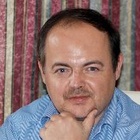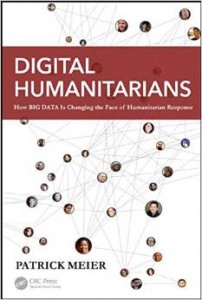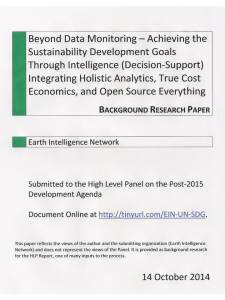
Richard Falk: The anger at my UN ‘apartheid' report shows Israel's weakness
Denunciations of the report by the recently designated American ambassador at the UN, Nikki Haley, and by the firebrand Israeli diplomat, Danny Danon among others, is part of a trend in recent years in which supporters of Israel move to close down critical discussion rather than to respond substantively. Such tactics are a reflection of how weak Israel’s positions have become on such contested issues as settlements, excessive force, Jerusalem residency, discriminatory laws and regulations, and diversion of water.







